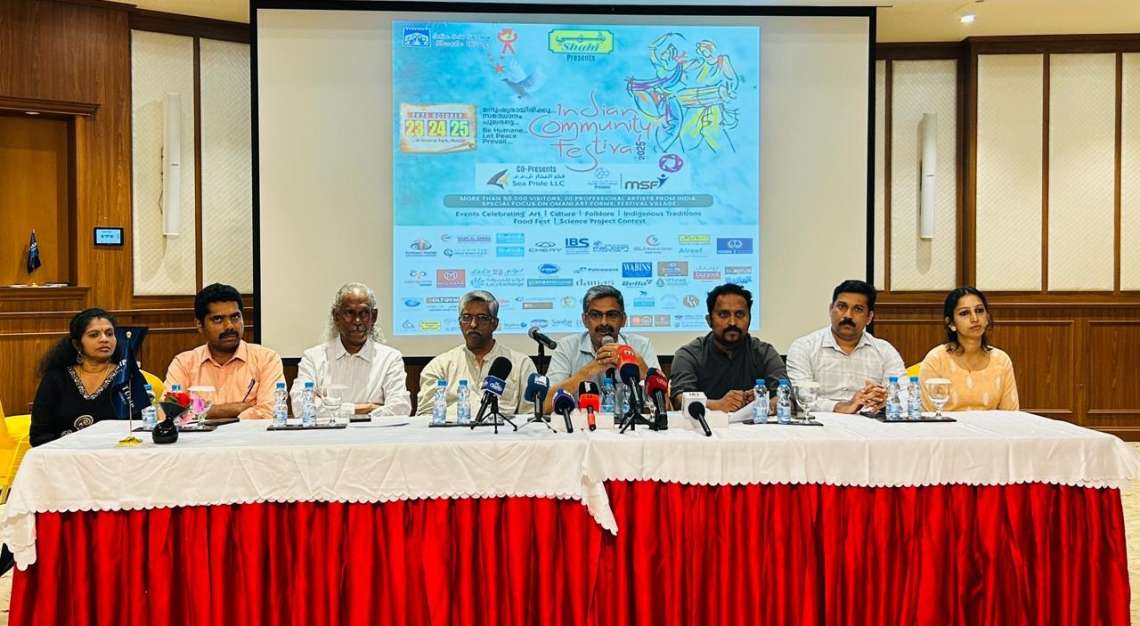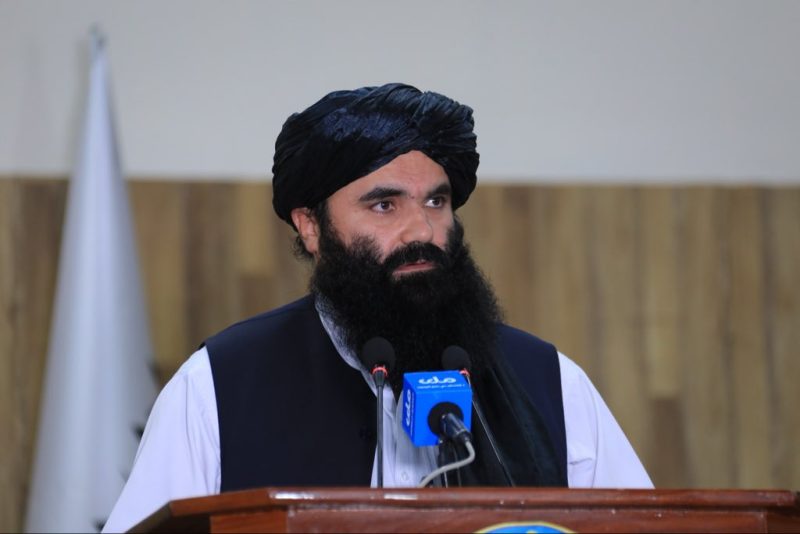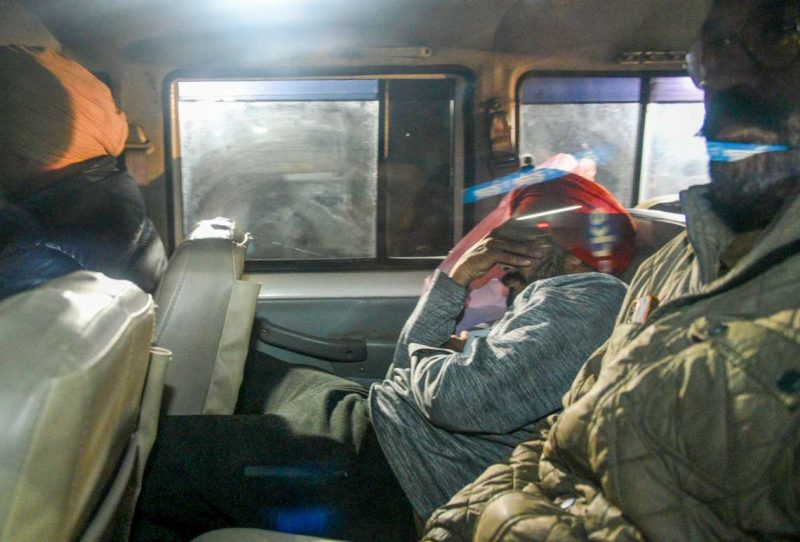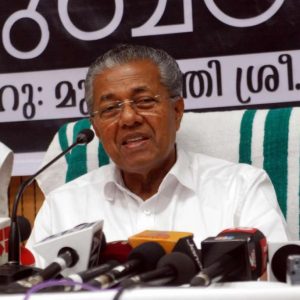NITI Aayog Vice Chairperson Dr Rajiv Kumar today launched the report titled, SDG India Index and Dashboard 2020-21: Partnerships in the Decade of Action….reports Asian Lite News
In the third edition of the Niti Aayog’s Sustainable Development Goals (SDG) India Index 2020-21 released on Thursday, Kerala has retained the top rank with a score of 75 while Bihar has been adjudged as the worst performer with a score of 52.
NITI Aayog Vice Chairperson Dr Rajiv Kumar today launched the report titled, SDG India Index and Dashboard 2020-21: Partnerships in the Decade of Action.
As per the Niti Aayog, Kerala retained its rank as the top state with a score of 75. Both Himachal Pradesh and Tamil Nadu took the second spot with a score of 74 while Bihar, Jharkhand and Assam were the worst-performing states in this year’s India index with scores of 52, 56 and 57 respectively.
Chandigarh too maintained its top spot among the UTs with a score of 79.
Mizoram, Haryana, and Uttarakhand are the top gainers in 2020-21 in terms of improvement in score from 2019, with an increase of 12, 10 and 8 points, respectively.
“The country’s overall SDG score improved by 6 points–from 60 in 2019 to 66 in 2020-21. This positive stride towards achieving the targets is largely driven by exemplary country-wide performance in Goal 6 (Clean Water and Sanitation) and Goal 7 (Affordable and Clean Energy), where the composite Goal scores are 83 and 92, respectively,” said Niti Aayog.
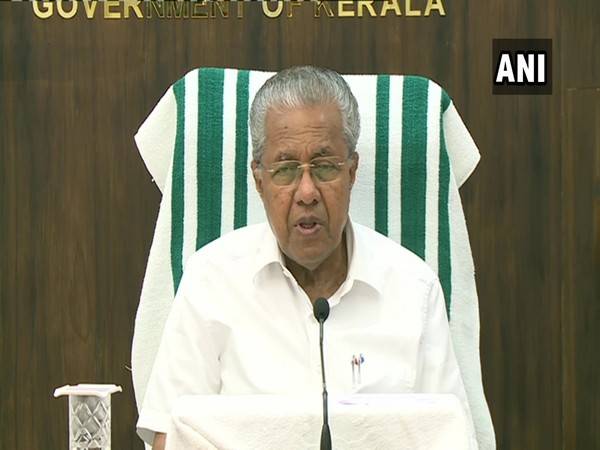
First launched in December 2018, the index has become the primary tool for monitoring progress on the SDGs in the country and has simultaneously fostered competition among the states and union territories by ranking them on the global goals.
“Our effort of monitoring SDGs through the SDG India Index & Dashboard continues to be widely noticed and applauded around the world. It remains a rare data-driven initiative to rank our states and Union Territories by computing a composite index on the SDGs. We are confident that it will remain a matter of aspiration and emulation and help propel monitoring efforts at the international level,” Dr Rajiv Kumar, Vice Chairman, NITI Aayog said during the launch.
With one-third of the journey towards achieving the 2030 Agenda behind us, this edition of the index report focuses on the significance of partnerships as its theme.
Amitabh Kant, CEO, NITI Aayog said, “The report reflects on the partnerships we have built and strengthened during our SDG efforts. The narrative throws light on how collaborative initiatives can result in better outcomes and greater impacts.”
On the theme of partnerships which is central to Goal 17, Dr Vinod Paul, Member (Health), NITI Aayog, said, “It is clear that by working together we can build a more resilient and sustainable future, where no one is left behind.”
“From covering 13 Goals with 62 indicators in its first edition in 2018, the third edition covers 16 Goals on 115 quantitative indicators, with a qualitative assessment on Goal 17, thereby reflecting our continuous efforts towards refining this important tool,” said Sanyukta Samaddar, Adviser (SDGs), NITI Aayog.
The SDG India Index 2020-21, developed in collaboration with the United Nations in India, tracks the progress of all states and UTs on 115 indicators that are aligned to MoSPI’s National Indicator Framework (NIF).
“The SDG India Index 2020-21 is more robust than the previous editions on account of wider coverage of targets and indicators with greater alignment with the NIF. The 115 indicators incorporate 16 out of 17 SDGs, with a qualitative assessment on Goal 17 and cover 70 SDG targets. This is an improvement over the 2018-19 and 2019-20 editions of the index, which had utilised 62 indicators across 39 targets and 13 Goals, and 100 indicators across 54 targets and 16 Goals, respectively,” it said.
The index represents the articulation of the comprehensive nature of the Global Goals under the 2030 Agenda while being attuned to the national priorities.
The modular nature of the index has become a policy tool and a ready reckoner for gauging the progress of states and UTs on the expansive nature of the Goals, including health, education, gender, economic growth, institutions, climate change and environment. (ANI)
ALSO READ: Kerala teacher walks 14 km to teach tribal students



